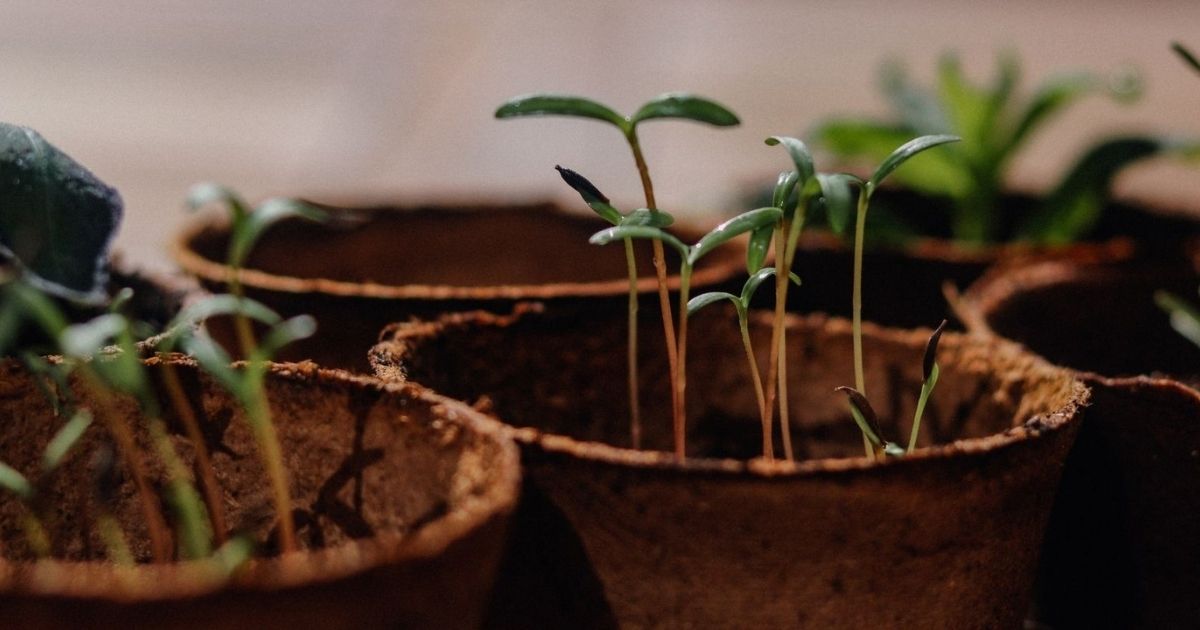Sow an abundant spring with these Southern seeds
To the average person, little thought is afforded to a seed. To the seed saver, however, they represent the link from one life cycle to the next, the key to limitless opportunity for the improvement and invention of food. In a growing movement to eat local, some Southerners are taking it past the root and all the way back to produce’s inception: the seed.
In an attempt to better understand the preservation, creativity, and science that goes into the cultivation of new varietals—not to mention the commitment to growing food from the source—we touched base with a few Southern seed purveyors to learn about what they’ve been working on and what they’re putting in the ground this spring.
Common Wealth Seed Growers
Louisa, Virginia
Common Wealth Seed Growers started growing for various companies in 2009, but took issue with the fact that other seed producers valued seeds by weight rather than quality. They also found that most farmers and growers had little or no connection with seed saving and variety stewardship.
In 2014, they committed to their mission of building a functional, ethical seed system in their region and severed ties with bigger companies to focus on seed work that highlighted regional varieties.
Now, all seeds sold by Common Wealth Seed Growers are grown on farms in Virginia and Tennessee where the growers have developed several seeds through variety trials. For example, one of the founders, Edmund Frost, cultivated cucumber, squash, and melon varieties that withstand mildew. Their most popular seed has become a butternut squash variety, bred between Seminole Pumpkin and Waltham Butternut.
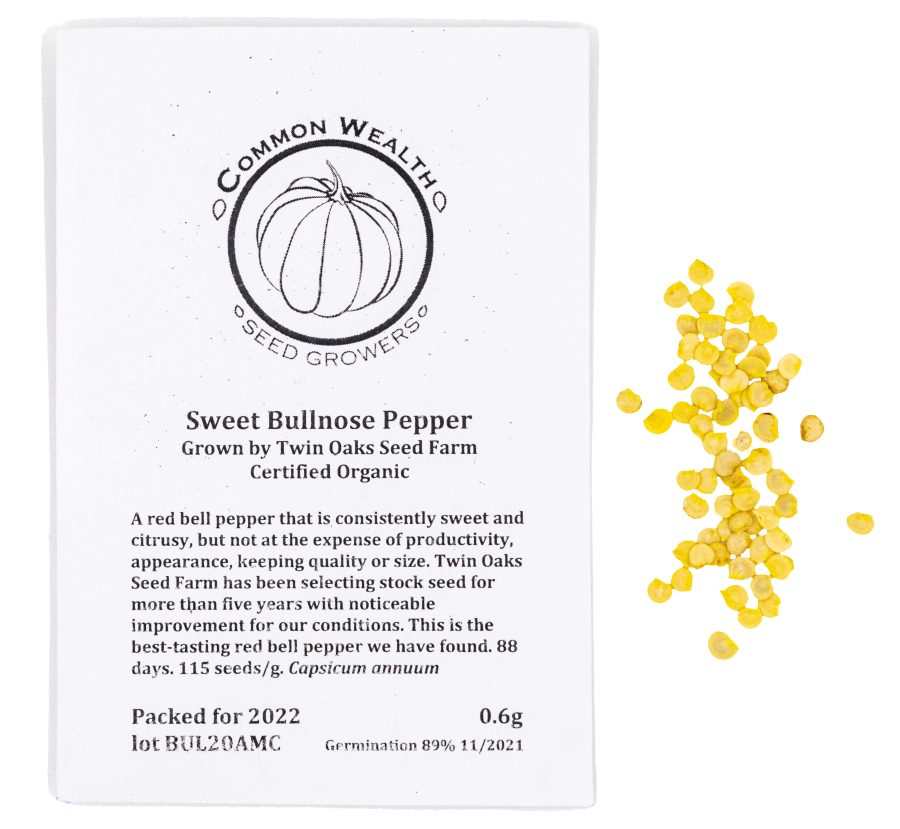
To get started with seed saving at home, Common Wealth suggests trying the following project: Mash up a ripe tomato, let it ferment in a cup for a couple days, then repeatedly rinse with water to remove the pulp; the good (savable) seeds will sink and the pulp and bad seeds will float to the top.
Sow True Seed Growers in Asheville
Sow True Seed was founded by Carol Koury, a lifelong gardener who was spurred by the rise of patented GMO and hybrid seeds, which are more expensive and inhibit farmers from saving and exchanging seeds. The company is dedicated to all open-pollinated and non-patented varieties that gardeners can grow and save seeds from.
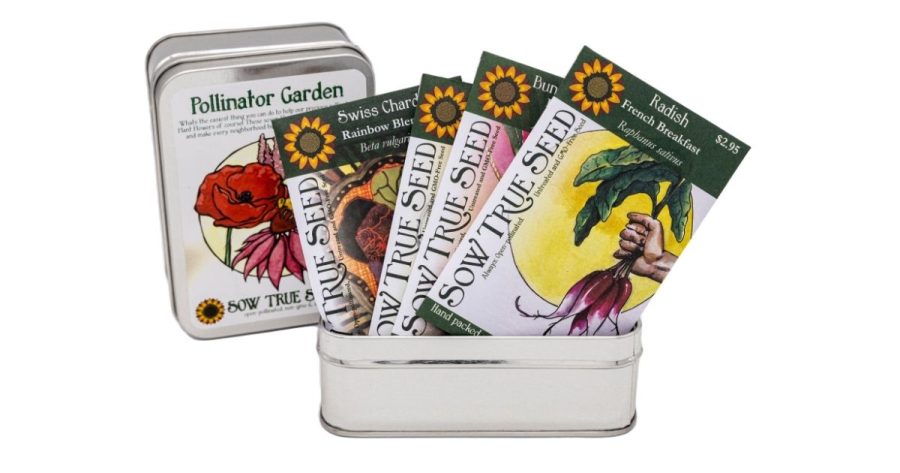
The company bloomed from Koury’s garage to a brick-and-mortar shop on Haywood Street. They support independent, regional agricultural initiatives that foster a sustainable economy and food sovereignty within their community.
Sow True is also the exclusive distributor of the legendary Bradford watermelon seed, which garners the most attention in their lineup. Greens like arugula, mustards, lettuce, collards, and kale are also popular this time of year.
A tip from Sow True: Start germinating seeds indoors about six to eight weeks before moving them outside after the last frost.
Two Seeds in a Pod
Mehmet Oztan left his engineering career to become a full-time farmer and seed grower in 2013. Two years later, he and his partner Amy Thompson relocated from Tampa, Florida, to Reedsville, West Virginia, where their company has blossomed.
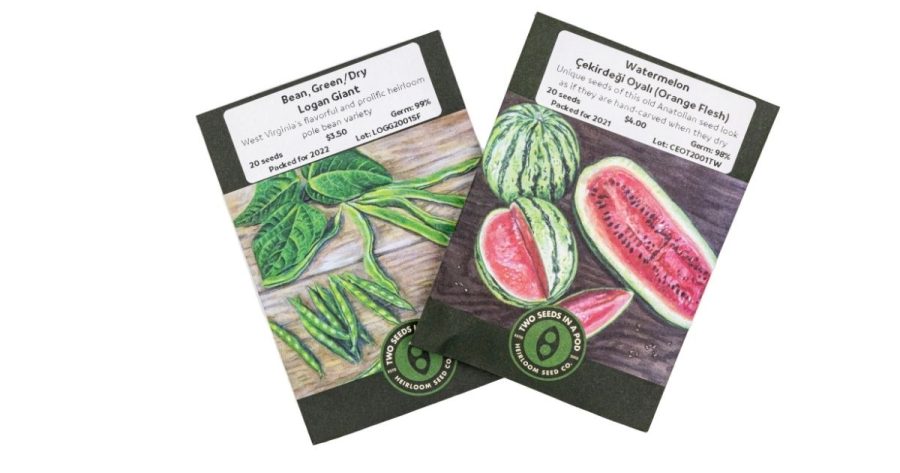
Their catalog now boasts more than 150 unique varieties. Oztan considers himself a Turkish seed keeper, thus the Two Seeds in a Pod mission to grow, restore, document, and preserve the seeds of his lineage.
More than seventy-five percent of their seeds are grown on their farm and include popular options, like Çengelköy cucumber, Çekirdeği Oyalı watermelon, Kars Yumurtası squash, and Tatlı Üçburun pepper. Oztan and Thompson love to plant lettuce, collard greens, and cabbage as the weather gets warmer and find these plants are great for beginners.
Oztan also encourages gardeners to explore the cultural significance of the seeds for the communities that have been stewarding them for centuries, which can start meaningful conversations about discrimination in our food system and beyond.
Southern Seed Company: Working Food
Gainesville, Florida
The Southern Heritage Seed Collective branch of Working Food is a nonprofit and seed collective striving to “cultivate and sustain a resilient local food community in North Central Florida through collaboration, economic opportunity, education, and seed stewardship.”
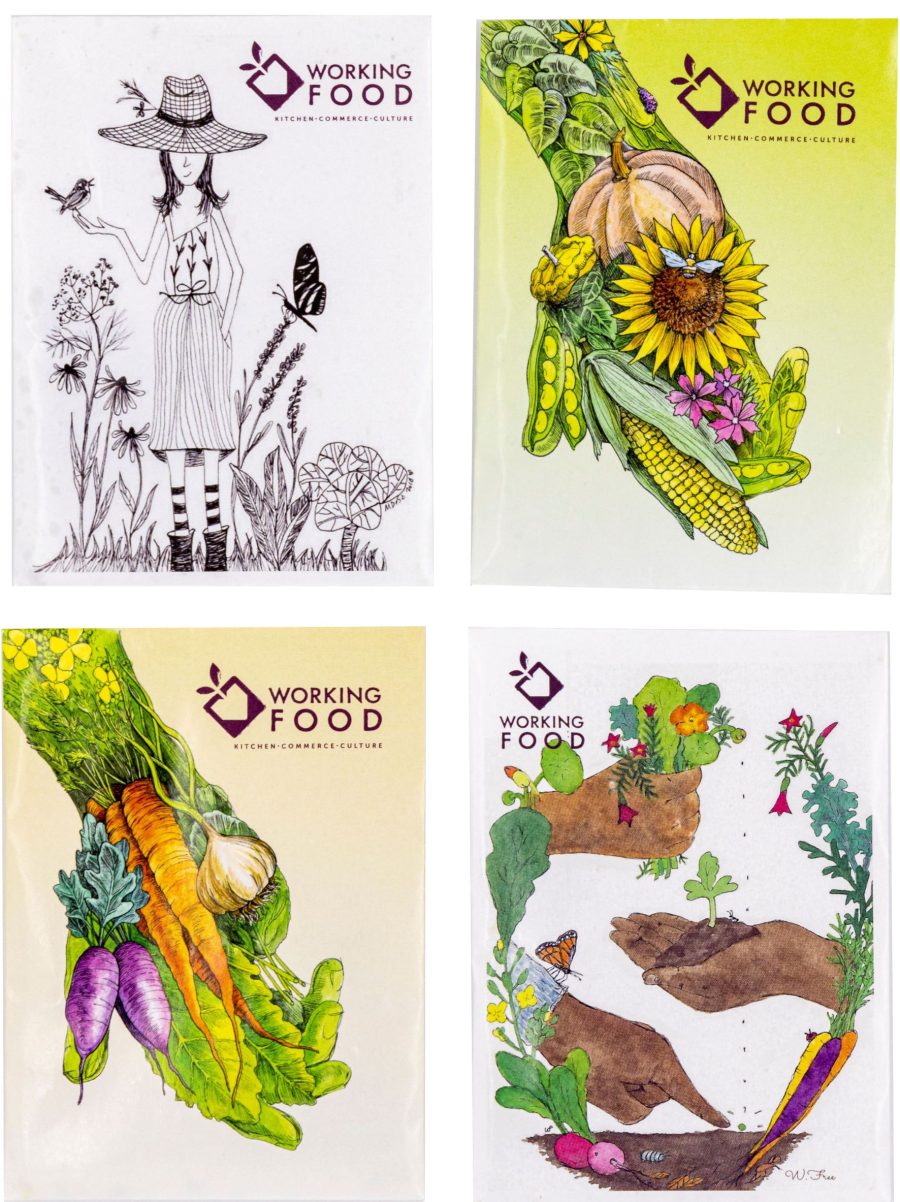
Working Food grows and saves seeds from a variety of regionally adapted crops that are genetically modified to grow in their surrounding conditions. The seeds are then shared with their community through an online store as well as through community group donations like school gardens and a local homeless shelter that grows produce.
Some of their most popular seeds are the Everglades tomato, their Seminole pumpkin seeds, and wildflowers.
Working Food is spending their spring sowing tomato seeds in the greenhouse and gearing up to sow okra, yard long beans, and cowpeas as the frost wanes.
Grow Your Own Southern Seeds at Home
Pick up a few of these essential tools and get your garden growing this spring:
Gardener’s Tool Seat, $44 (uncommongoods.com)
Hand-forged Trowel, $54.50 (garrettwade.com)
Garden gloves, $20 (bloomscape.com)
Copper Plant Markers, $21 (barebones.com)
share
trending content
-
Chefs Heading To The Palmetto Party
by TLP's Partners -
A First Look at Fancypants | Listen
by Erin Byers Murray -
How to Build the Perfect Cheese Board | Video
by Maggie Ward -
5 Things to Do in Bath County, Virginia
by TLP's Partners -
Bearing Fruit at Big Apple Inn
by Erin Byers Murray
More From At the Table
-
A New Way to Beignet
-
A Significant Father’s Day for Chef Joe Cash | Listen
-
Rasam is the Spice of Life
-
High Tea, Southern Style
-
10 Leftover Recipes To Clean Out Your Fridge





